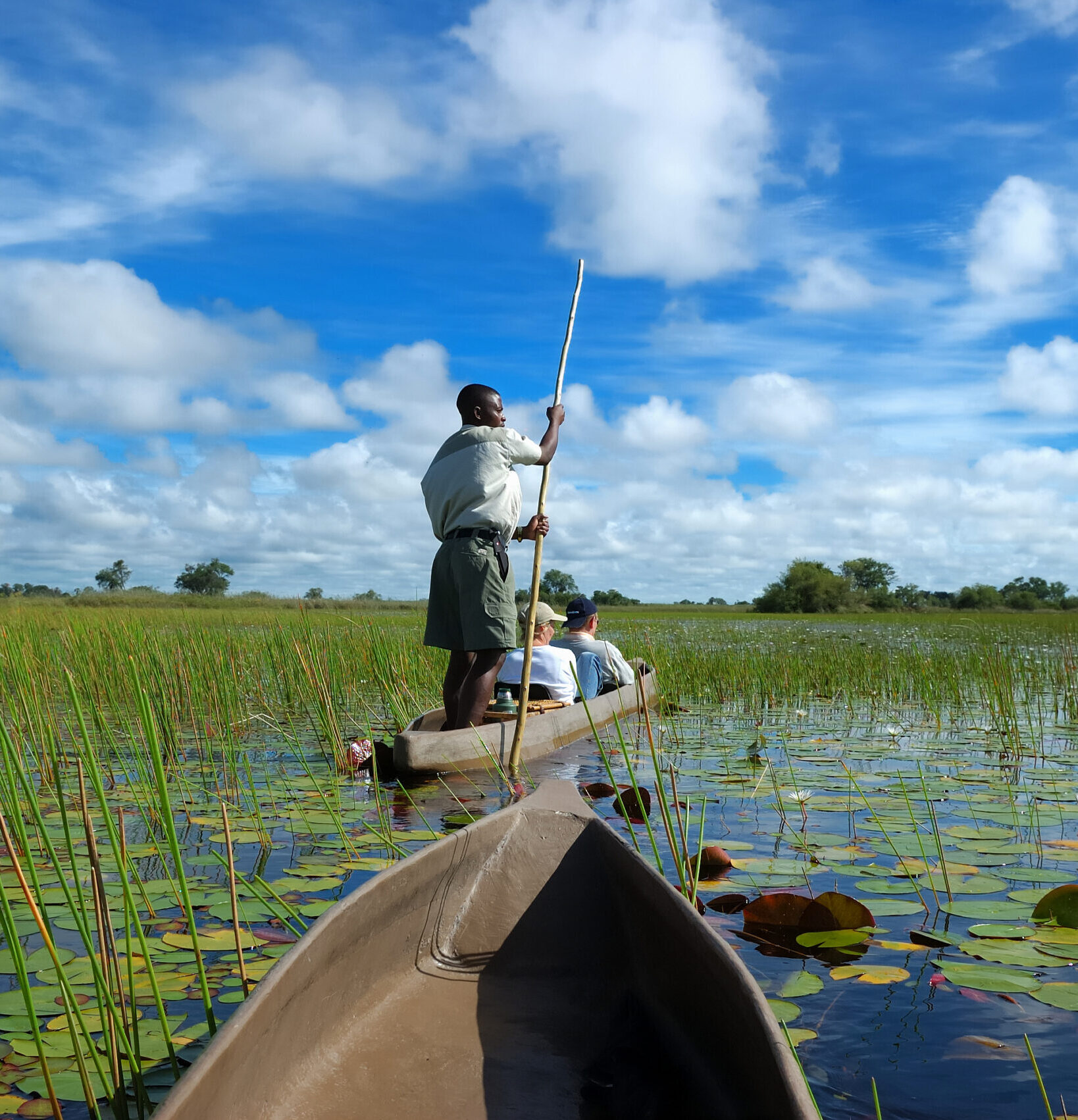
Tourism Experience
Tourism Master Plan for Cuando Cubango Province, Angola
Cuando Cubango Province, located in Southern Africa, stands out for its geostrategic position and the environmental importance of its hydrographic network, which feeds the famous Okavango River.
Recognising the tourism potential of this region of Angola, a Tourism Master Plan was developed for the provincial government.
This plan focused on understanding the specificities of the territory, identifying natural and cultural resources with the capacity to attract visitors, and defining a strategy to promote sustainable tourism, in line with global initiatives to conserve and enhance the Okavango Delta, such as the KAZA project, sponsored by UNESCO.
Project Scope
We were tasked with developing a Tourism Master Plan for Cuando Cubango Province in Angola, aiming to unlock the region’s potential as a sustainable and competitive tourism destination. The project focused on creating a strategic framework to guide tourism development while preserving the province’s unique natural and cultural heritage.
The process began with an extensive assessment of the province’s tourism assets, including its pristine landscapes, rich biodiversity, and cultural traditions. Key attractions such as the Okavango River, wildlife reserves, and indigenous communities were evaluated for their tourism potential. This analysis was complemented by a review of existing infrastructure, accessibility, and market trends to identify opportunities and challenges.
Based on this groundwork, the master plan proposed a series of initiatives to develop Cuando Cubango into a compelling destination. These included the creation of thematic tourism zones, such as eco-tourism hubs and cultural heritage sites, to highlight the region’s unique attributes. Infrastructure upgrades were prioritised to improve accessibility, including transport networks and accommodations, while ensuring minimal environmental impact.
The plan also emphasised sustainability and community engagement as cornerstones of the development strategy. Initiatives were designed to involve local communities in tourism activities, fostering inclusive growth and empowering residents through job creation and skills development. Environmental conservation strategies were integrated to safeguard the region’s ecosystems and biodiversity, ensuring the long-term viability of the tourism sector.
Marketing and branding recommendations were tailored to position Cuando Cubango as a distinctive destination for eco-tourism and adventure, targeting niche international and domestic markets. Partnerships with stakeholders, including government agencies and private investors, were proposed to support implementation and attract investment.
The Tourism Master Plan provided a comprehensive roadmap to transform Cuando Cubango into a sustainable tourism hub, contributing to regional economic growth while preserving its extraordinary natural and cultural resources.
Project Location
Cuando Cubango, Angola

